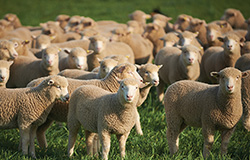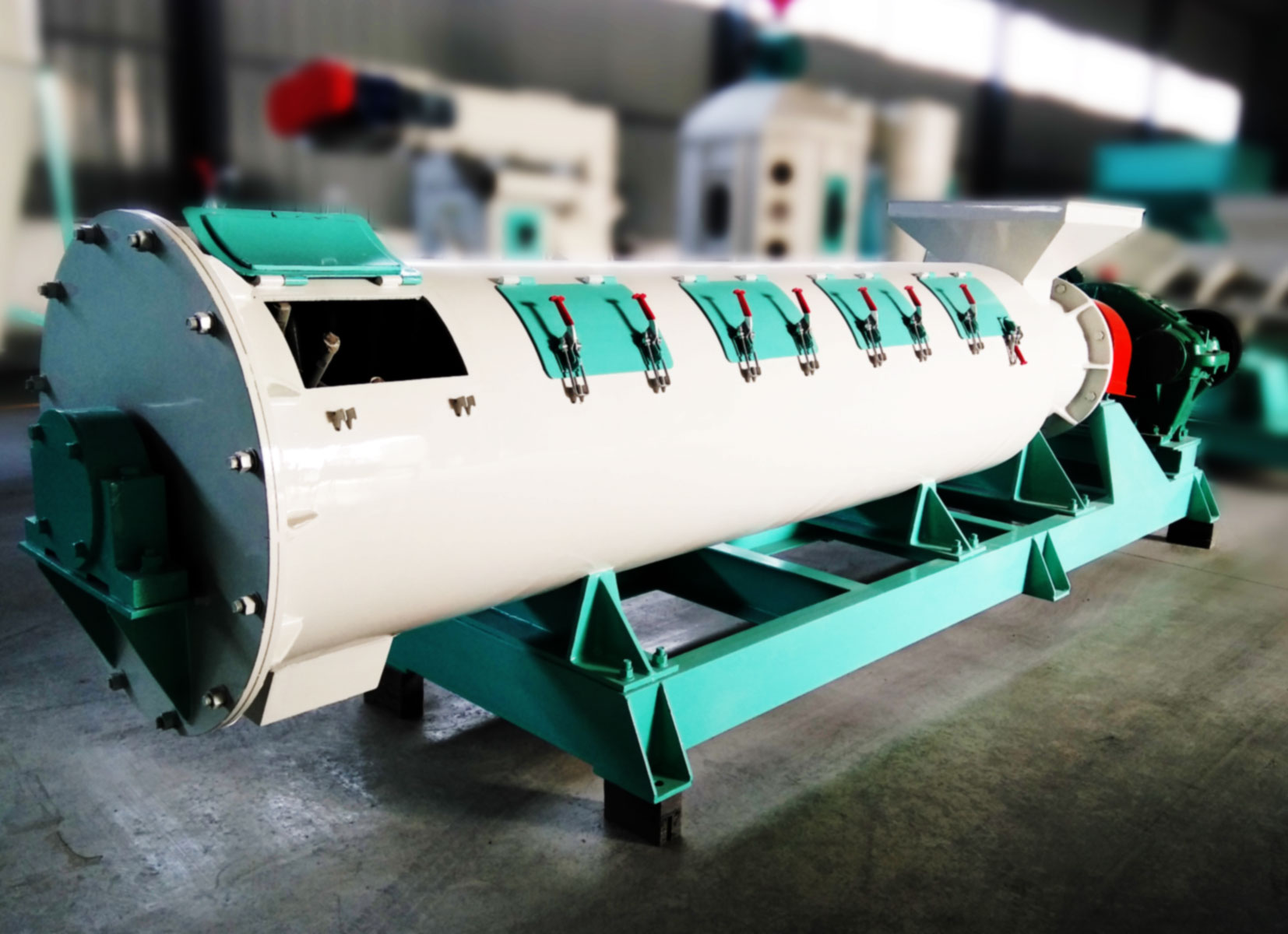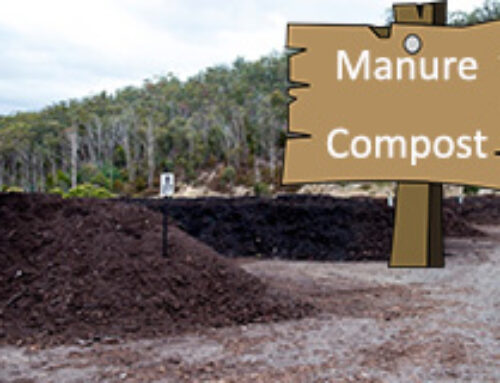Natural organic fertilizer comes from animal wastes and plants; for example, cow dung, sheep or goat manure, chicken droppings, urine, decomposed weeds, food waste, and so on. In this article, we will introduce guidance to compost sheep manure for organic fertilizer.

According to the investigation, a sheep with about 100 lbs can produce 4 lbs of manure daily, the equivalent of about 0.06 cubic feet per day. Currently, the global sheep quantity stands at more than 1 billion head with 19 percent found in Asia and Africa, and the EU and EFTA region has over 208 million sheep, according to the assessment by the Food and Agriculture Organization of the United Nations. Sheep manure nutrients come from the feed that the animals have eaten, so it should be no surprise that the excrement is an excellent fertilizer.

Sheep Manure Composting Process
Parasites, hormones, and other pathogens contained in sheep manure can be reduced by proper composting. Odors are reduced and fly eggs die due to the high temperatures occurring during microbial decomposition. Making good compost needs the proper balance of carbon and nitrogen, keeping the pile of the compost moist and adequately aeration. The ratio of carbon to nitrogen is critical to the composting process. The ideal ratio is about 30 parts carbon to 1 part nitrogen. Using our compost turner machine to turn the compost pile will keep it aerated and speed up the composting process. Sheep manure wastes typically take several days to two weeks to finish the compost in long open piles.
- Windrow sheep manure pile on the site, and sprinkle the special organic fertilizer fermentation agents on the surface of raw materials. In general, if the water content of sheep manure is higher, people need to add moderately dry materials for mixing, so as to lower moisture. The moisture should be controlled within 60%-65% because too high(bad ventilation, slow temperature rising, and foul smell) or too low(slow fermentation) are adverse to fermentation.
- The sheep manure pile should not be too small. For better fermentation, the height should be between 1.5m and 2m, the width should be 2m-3m, and the length should be over 3m, depending on the model of the compost turner.
- Use the compost turning machine to turn and mix the sheep manure pile. Under the action of this machine, sheep manure with large pieces can also be crushed into small pieces, saving the cost of crushing mill. Turn the pile once a day and the fermentation process would be finished within 7-10 days.

Sheep manure without granulation is difficult and costly to transport. Additionally, the quality and nutrient content within unprocessed manure may vary greatly, making it difficult to properly treat soil and yield optimal results. Sheep manure composting and granulating for organic fertilizer can not only assist in efforts to follow livestock waste disposal regulations but also create a potential new source of revenue, making it a win-win proposition. After composting, send the mixed sheep manure raw materials into the granulation system – a professional wet-type organic fertilizer granulator, processing for spherical particle organic fertilizer. Then use the conveyor to transport granules into the dryer, next entering the cooling system after the drying process. The granulated organic fertilizer will be at room temperature when starting screening, and the particles would be packaged after meeting the requirements of the screening machine. Those who do not meet the requirements would be returned to the granulation system, and continue to granulate. The granulating process of sheep manure creates commercial organic fertilizer, which is easy to package, transport, and sell.
Benefits of Sheep Manure Compost Fertilizer
- Compared with other animal manures, sheep manure fertilizer has low nitrogen content that won’t burn the plants but high Phosphorous and Potassium content that is great for plant growth and soil fertility.
- The organic matter in sheep manure fertilizer is valuable because it makes soil easier to manage, less likely to erode, and more likely to absorb water.
- Composted sheep manure can be applied to agricultural fields as a fertilizer, added to improve soil structure so as to help the soil hold water and air, contributing to crop yield and agricultural product quality significantly.
- Composting sheep manure for fertilizer can greatly reduce environmental pollution, lower the harm to people’s health and increase economic profits.
Related Readings:
Process Chicken Manure Organic Fertilizer
Compost Cow Dung Organic Fertilizer






